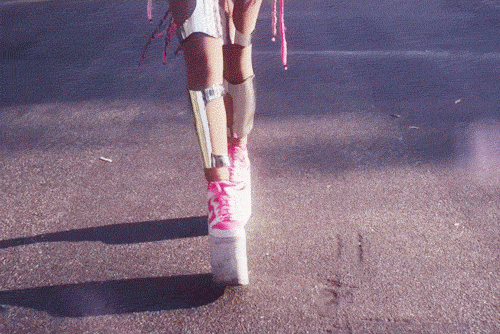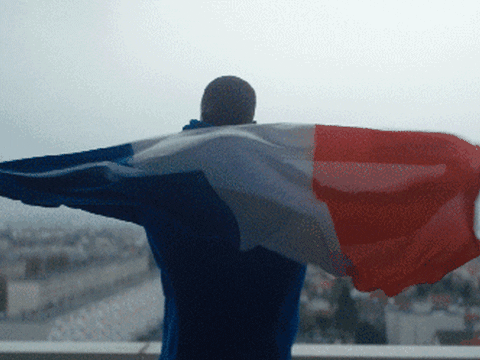What do you think?
Rate this book


362 pages, Paperback
First published August 24, 2001
Je passai ma dernière journée de congé dans differents agences de voyage. J'aimais les catalogues de vacances, leur abstraction, leur manière de réduire les lieux du monde à une sequence limitée de bonheurs possibles et de tarifs; j'appreciais particulierement le système d'étoiles, pour indiquer l'intensité de bonheur qu'on était en droit d'éspérer.You see later that this is not just an empty epigram, but sums up an important part of the book's argument. Similarly, Michel's father's death, though it appears random at the time, is in retrospect important foreshadowing. The novel is in fact quite tightly constructed.
(I passed my last free day in a few travel agencies. I love the abstract nature of travel brochures, the way in which they reduce the whole world to a finite sequence of possible types of pleasure, and their associated prices; I particularly appreciate the system by which a number of stars is used to indicate the intensity of pleasure one has the right to expect).
It reads like the fantasy of some horny middle-aged shit with nothing better to do with his time, like one of those disgusting old men who stares at my legs on the train. It's enough to make a girl wear pants, for goodness' sake.Well, exactly. Houellebecq's arguing that most men are now like that, except that some of them aren't staring in such an obvious way. But is his claim in fact true? I'd love to see a serious empirical study. Meanwhile, you might want to answer this poll.
„L-am văzut dintr-o dată ca pe un om înfrînt, sfîrşit; aveam sentimentul că nici măcar nu avea chef să se culce cu fetele acelea. Putem defini viaţa ca un proces de încremenire, vizibil la buldogul francez – atît de jucăuş în tinereţe, atît de apatic la maturitate. La Robert, procesul era avansat; poate că mai avea erecţii, deşi nu era sigur; poţi să faci pe deşteptul, să laşi impresia că ai înţeles ceva din viaţă, cert e că viaţa se duce. Soarta mea era asemănătoare cu a lui, împărtăşeam aceeaşi înfrîngere; dar nu simţeam nici un soi de solidaritate activă”.


"Τον θάνατο, τώρα, τον έχω καταλάβει∙ δεν νομίζω πως θα μου κάνει ιδιαίτερα κακό. Γνώρισα το μίσος, την περιφρόνηση, την κατάπτωση και τόσα άλλα πράγματα∙ γνώρισα ακόμη και σύντομες στιγμές αγάπης. Τίποτε δεν θα επιβιώσει από εμένα, ούτε και θα μου άξιζε∙ υπήρξα άτομο μέτριο, από κάθε άποψη."
Anything can happen in life, especially nothing.


"Las mujeres occidentales buscan a alguien con un aspecto determinado y ciertas "habilidades sociales", como bailar y mantener conversaciones inteligentes; alguien interesante, excitante y seductor.(...) las mujeres tailandesas serían felices sentando la cabeza para siempre con un hombre que sea capaz de conservar un trabajo estable, un marido y padre tierno y comprensivo. (...)Las mujeres occidentales no están hechas para el matrimonio"